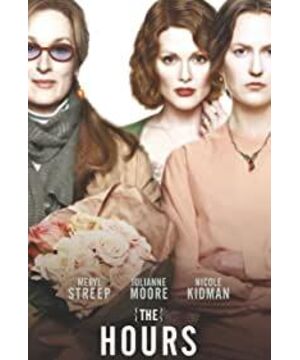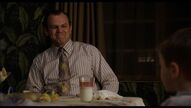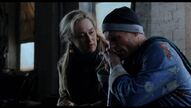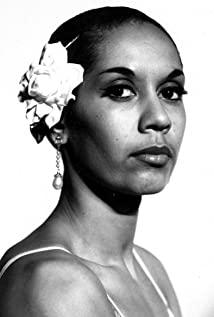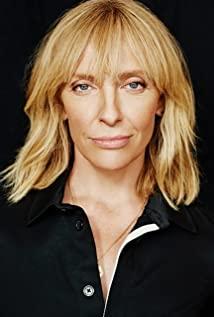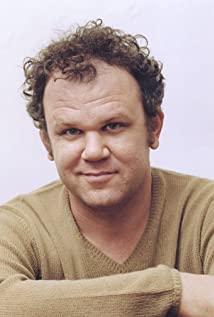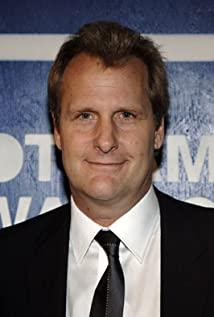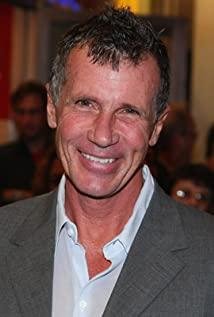Each of the protagonists of this film is making similar choices, choosing what makes them happy, regardless of the consequences. Based on the latter "meaning of life" consideration, the feminist Steinhamt believes that Woolf's suicide in the film's prologue is "radical self-salvation", "my happiness, right or wrong", if happiness never If it cannot be achieved, then we have every right to end our own lives, and the actor Yale Schumann also committed suicide for this reason.
The strength of this film's production is that it stays close to the theme it wants to show from beginning to end: the whole point of life is to find happiness for oneself, however, because of the extraordinary talent of the actors, the scenes they perform cannot match the The themes fit, and they act out the plot of the film so realistically that the point the film is trying to make is far less persuasive, and ironically, no one is truly happy throughout the film. (Quoting from Charles Coulson's comment) The
problem is, if life is only valued in those "perfect moments", isn't our ordinary life so disappointing, and we resort to our own hearts to " Perfection” and “happiness” have created a new kind of superstition: we forget that our “inner voice” is actually so self-righteous, cowardly and wretched, often worse than our actual behavior under external constraints. many.
In fact, if you believe that your existence is originally an accident, then it is too narcissistic to think that there is some great purpose in it. If you feel that your existence is inevitable, then you are also only part of an unknowable creative plan, why then being sure of yourself is your purpose.
"Suicide is the only really serious philosophical problem", which precisely expresses the real problem of this literary youth philosophy. I don't want to call this kind of thing philosophy, just like I don't want to call "A Dream of Red Mansions" political science, because philosophy is a serious study, and the name "philosophy" sanctifies suffering (even suicide is dyed The sage-like brilliance above), and we forget that it is only one of many options, and it is often pathological.
The choice of life or death is just a choice of concepts, one of many alternative concepts, no more sacred than other alternatives, and there is no objective right or wrong. When faced with suicide, you must not feel that you are particularly profound. In fact, you just need a psychiatrist.
View more about The Hours reviews


